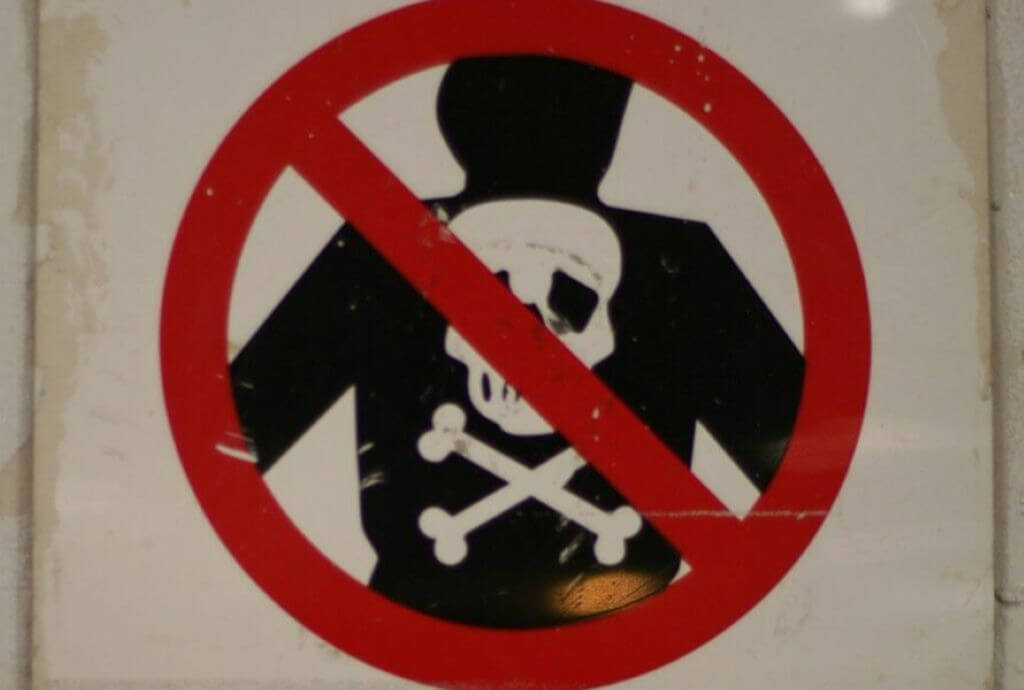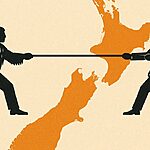In brief
- The neutrality of state broadcasters is vital to New Zealand’s democracy.
- Perspectives in state broadcasting need to be diverse like the taxpayers footing the bill.
- Core to eliminating state media bias is a mechanism ensuring balance in editorial decision-making.
- To work on a sustained basis, the content needs to be apportioned among adverse parties with each group protecting their turf.
Do we need to make state media more accountable to the public?
The Government owns TV and radio networks, more so in NZ as a small country, but the newsrooms of these organizations appear to be heavily left-wing biased. Can and should the public force balance onto taxpayer-funded news operations? We examine the possibility.
Is Winston Right? Examining bias in state-funded media
In New Zealand, the role of state-funded media outlets like Radio New Zealand (RNZ) and TV New Zealand (TVNZ) is paramount in shaping public discourse and fostering civic awareness.
However, concerns over political bias and media corruption have become increasingly prevalent. Deputy Prime Minister, Winston Peters, fought a hard won campaign by attacking media corruption. Was he right?
The urgent need for fairness and neutrality
Accusations of left-leaning bias in state media (which, for this article, shall include any state funding of private media) have gained traction. Instances range from interviews favoring Te Pāti Māori to advocacy for the Green Party’s promotion of a wealth tax. The massive ad spend during COVID, the strings attached to the Public Interest Journalism Fund and the campaigning for co governance all add to it.
Many say the media has been in the bag for the left for a while (indeed, polling suggests most journalists themselves lean left).
This perceived bias poses a threat to the fundamental principles of democracy. This is because it is essentially government funding to support a particular perspective.

Partisan state media is bad enough when it is supporting the perspective of the parties that are not in power. It is even worse when it is supporting the incumbents, since they are the ones that are in ultimate control.
NZ has restrictions on political spending but the kind of promotion discussed in this article, which is in many ways the same political spending, is outside those rules.
Strategies to enhance media integrity
Media very much influences the public’s view, particularly when it presents itself as impartial. It’s important that state media represent the diverse perspectives of the taxpayers who fund them.
Various strategies are available to enhance the balance of the state’s involvement in the media.
Currently, the approach is generally to insert some sort of “independent” decision maker in the chain of command, which is supposed to result in the politicians being hands off. We don’t think that works as the positions usually get filled with partisans, if not activists. Promoting diversity of thought over diversity of identity in both newsroom leadership and staffing would help.
Ultimately, however, to be confident a “bias” control will be effective, we think a new approach is needed. Rather than “hands off”, we think “hands on” is the right answer. By this we mean the parties in opposition should control one half the political content of the government funded media, with the parties in power controlling the other half.
We think there is enduring potential to this approach as it allows for constant monitoring and adjustment.



















